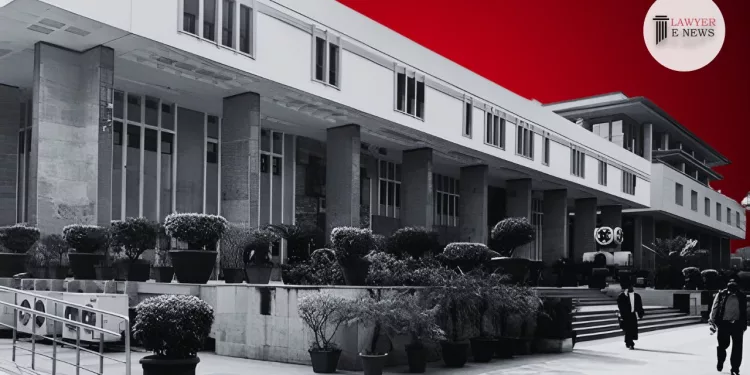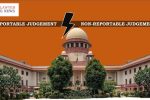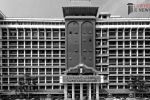Possession Not Mandatory for SARFAESI Act: Delhi High Court

Delhi High Court has delivered a landmark judgment, clarifying the applicability of the Securitisation and Reconstruction of Financial Assets and Enforcement of Securities Interest Act, 2002 (SARFAESI Act) in cases where physical possession of mortgaged property is not immediately taken. The judgment, dated December 11, 2023, issued by the bench comprising HON’BLE MR. JUSTICE VIBHU BAKHRU and HON’BLE MR. JUSTICE AMIT MAHAJAN, carries significant implications for borrowers and financial institutions.
The case in question, titled Rekha Verma v. Oriental Bank of Commerce, centered around a Securitisation Application (SA No.144/2014) related to property located in Lajpat Nagar, New Delhi. The petitioner, Rekha Verma, had filed a writ petition challenging an order by the Debts Recovery Appellate Tribunal (DRAT), which had rejected her appeal against the decision of the Debts Recovery Tribunal (DRT).
The pivotal legal point in the judgment revolved around whether the SARFAESI Act could be invoked without the immediate physical possession of the mortgaged property. The DRAT’s decision had relied on the Supreme Court’s earlier judgment in Standard Chartered Bank v. Noble Kumar and Ors. (2013), which held that the possession of the secured asset was a prerequisite for invoking Section 17 of the SARFAESI Act.
However, the Delhi High Court’s ruling cited a subsequent case, Hindon Forge Private Limited and Anr. v. State of Uttar Pradesh (2019), which clarified that it was not mandatory for the secured creditor to take physical possession of the mortgaged property before seeking recourse under Section 17(1) of the SARFAESI Act. The court emphasized that resistance from the borrower could lead to the involvement of the Magistrate as provided under Section 14 of the Act.
In a significant observation, the court stated, “The observation made in para 36.1.(i), which is strongly relied upon by the Full Bench of the High Court, to arrive at the conclusion that actual physical possession must first be taken before the remedy under Section 17(1) can be availed of by the borrower, does not flow from this decision at all.”
As a result of this legal clarification, the Delhi High Court allowed Rekha Verma’s writ petition, setting aside the impugned order and restoring her appeal before the DRAT for reconsideration.
Date of Decision: 11 December 2023
REKHA VERMA VS PUNJAB NATIONAL BANK






